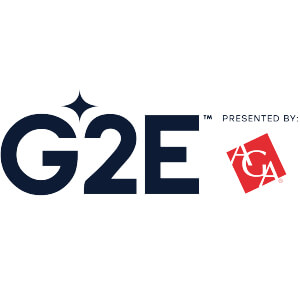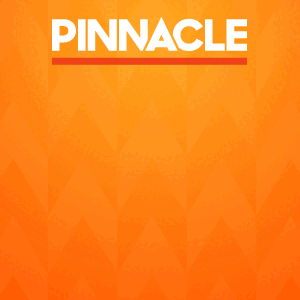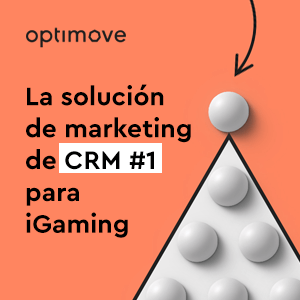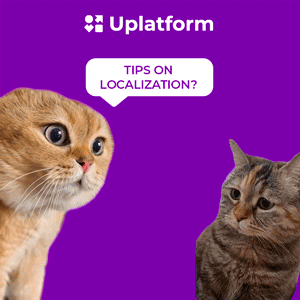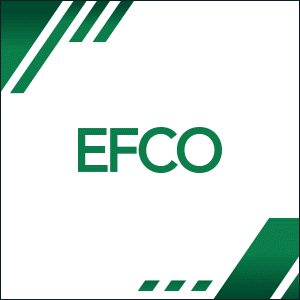Zona de Azar Reino Unido – Are Affiliates Dead? Not Yet
 Reino Unido.- March 21, 2024 www.zonadeazar.com Stuart Simms, FairPlay Sports Media group CEO, writes exclusively for iGB Affiliate on the struggling affiliate model and why innovation is needed to breathe fresh life into US igaming market, including seeking examples outside igaming and building attribution models.
Reino Unido.- March 21, 2024 www.zonadeazar.com Stuart Simms, FairPlay Sports Media group CEO, writes exclusively for iGB Affiliate on the struggling affiliate model and why innovation is needed to breathe fresh life into US igaming market, including seeking examples outside igaming and building attribution models.
Having been fortunate enough to lead one of the world’s largest affiliate networks and programmatic advertising businesses, I’m well positioned to comment on the macro trends and market movements in this sector.

To that end, the fact that the state of the struggling US igaming affiliate ecosystem is still perplexing to me must be of some concern. Its apparent reluctance to move forward and adopt successful, proven strategies that we find elsewhere – particularly in the arguably more progressive retail and FMCG industries – throws up a number of red flags, many of which we need to rectify quickly.
Three-headed problem
Our industry is at an important juncture in its maturation, where the accelerants that have been used to date to fuel US market growth are now becoming toxic and need a root-to-branch overhaul for this space to achieve its full potential. The US sports betting affiliate landscape is under duress, mostly through actions of its own, and needs a prompt overhaul.
Adapt or die. It’s not a new axiom, but it’s a reliable one.
As for how to adapt, it is important to understand the three general types of affiliates from which the problems emanate. Firstly, there is the ‘dumb pipe’, a digital property that shows affiliate links with no content or context to the product or service they represent. Their audience could be attractive to a brand due to its scale and reach, or via associated content.
Next you have the ‘intelligent and informative’ sites which utilise some form of expertise and content to acquire, attract, and sometimes retain customers. By using SEO and paid marketing, they deliver high-value consumers to their customers and assist in reactivation every now and then.
Lastly, the ‘customer of the brands’ service is one that speaks from experience, offering trusted reviews and insights of a service or product across their digital presence.
Scale over quality
When we talk of ‘large affiliates’, they tend to operate across their digital estate and media partnerships with all three of the aforementioned approaches. Brand affiliate teams succumb to this approach as they achieve agreed, committed volume and hit acquisition targets in doing so.
In a maturing market, such as the US igaming space, these processes work well in driving volume, but do little to support long-term industry growth. There’s no onus on stimulating innovation and investment, a particular downside to the predominant business model of cost per acquisition.
What this approach also rewards is scale over quality. Those large enough to embark on ambitious CPA campaigns can do so with confidence, stifling those publishers and media properties with deeper expertise, smarter technology, and more enticing content.
In its current state, the US market is currently rewarding expertise, but not technology and content, with the side-effect that dominant affiliates are taking credit and being rewarded for partner brands’ marketing activities.
Squeezed out
Speaking to various small to medium-sized publishers, it’s apparent that they are becoming increasingly squeezed out. They’re not receiving the recognition for the players they bring to the table, nor the additional long-term value they create through their content teams and technical delivery.
To date, there’s been an obsession over acquisition, fuelled by the frequency of new state openings, boosted revenue and heightened valuations
Facing this suffocation and the knock-on it has on budgets, additionally stressed by the regularity of new state launches, innovation is hard to come by internally, to the detriment of the whole industry.
Affiliates are certainly not blameless in how this situation has come about. To date, there’s been an obsession over acquisition, fuelled by the frequency of new state openings, boosted revenue and heightened valuations.
This impulse, coupled with a thirst for bigger audiences to convert, somewhat trumped the need to prepare for the next, more prolonged market phase, and the necessary investment into technology and more nuanced content that is and will continue to be required. And let’s not forget the blinkered prioritisation of Google News. That was never going to end well.
Outside our own walls
As the secondary phase of the US sports betting market develops, with new sportsbooks scattered across more regulated states, my strong belief is that we should be looking to create a more sustainable opportunity for all.
This should entail more sharing of data and technology and, critically, a fairer distribution of rewards and incentives that ensures those creating more value receive the biggest returns.
We need to look outside our own walls. We should learn from the retail industry which is already executing affiliate program change and providing engagement opportunities to new partners.
While not low-hanging fruit, there are certain, very achievable aims we can deliver on within a modest turnaround. We should be focusing on investment in networks that develop and manage a long tail of publishers.
Building attribution models
We need to build attribution models to increase visibility of valuable partnerships. Campaigns should be prioritised to activate new publishers and media properties of value to the betting ecosystem and, perhaps more importantly, we must move away from strict, single-revenue business models.
We should learn from the retail industry which is already executing affiliate program change and providing engagement opportunities to new partners.
Flexibility across alternative models, including those with transactional fees, revenue-share agreements, and fixed payments, amongst others should all be integrated together.
What those changes all have in common is a reliance on betting technology, or BetTech, as it should be colloquially known, to show just how reliant our industry will become on this critical piece of the sustainable igaming jigsaw.
In the coming few years, whatever question is posed to determine future strategy forks across the igaming sector, it’s likely that BetTech will form at least part of the answer. It will shape an entertainment offering where all sports and betting audiences can expect great moments, powered by the best humans and machines, all paid for by the consumers themselves or those brands that buy into those very same experiences.
Are affiliates dead? Not yet. Are affiliate programs needing an overhaul? Absolutely.
Affiliates working on old tried-and-tested methodologies, as opposed to the best-practice and the new, will soon fall by the wayside. Instead, those channelling the best tech to truly obsess over the consumer will win the day, flourishing within a more sustainable and profitable betting ecosystem for all, supported by forward thinking sportsbooks who reward innovation and value. By Stuart Simms
Editó @_fonta www.zonadeazar.com




















